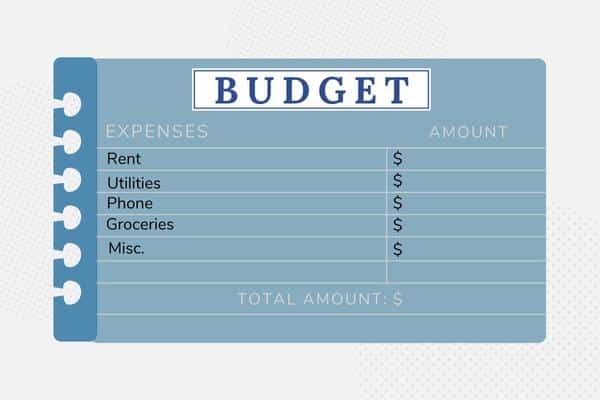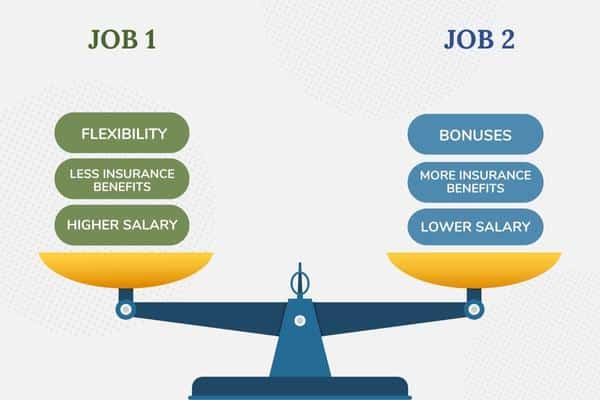Budgeting can be a scary topic to discuss, but implementing some sort of structure within your financial world can lead towards achieving increased freedom and comfort. Below we discuss a few tips that can be helpful when budgeting.
Understand What is Coming in the Door
One of the most important pieces of the budgeting puzzle is to truly understand how much money is coming in. Countless times people are shocked when they get their first paycheck, because they did not fully understand the difference between gross income and net income.
It is important to understand that your gross income, or “salary,” does not constitute your final take-home pay, or “what comes in the door.” Deductions for taxes, benefits such as health insurance, and 401(k) contributions decrease your final take-home pay or net income. In order to budget accurately, it is important to use your net income.
Understand the Breadth of Your Expenses
One of the best ways to ensure you aren’t overextending yourself is to have a realistic gauge of both your recurring expenses as well as those that might be more infrequent.
The first exercise is to identify all of your recurring expenses. A few items that are often overlooked include the true cost of all utilities, insurance premiums, and property taxes.
Remember that some expenses only occur periodically versus monthly. Examples include basic expenses such as a water bill that is paid on a quarterly basis, semi-annual auto insurance premiums, and once a year vacations or holiday gifts.
While some expenses are predictable and anticipated, there are inevitably others that are surprises. Car and home repairs can crop up at any time, so it’s important to budget for some level of unforeseen expenses.
Budget for Savings and Automate
One of the most important budget line items is savings. Giving yourself savings targets is a great way to ensure you are meeting them. For many individuals, your savings should equal at least 10% to 20% of your gross income.
Automating your savings is an easy way to capture your objectives. While 401(k) contributions are automated (if you have opted to contribute), additional personal savings should be as well. One way of doing this is to have your paycheck direct deposit into different accounts. One account receives funds to cover your monthly expenses and another receives dedicated savings. You can use this automation to build up your emergency fund or to bolster your investment accounts.
The caveat to automated savings is the need for a modified approach if your income fluctuates. If this applies to your income a more dedicated manual process to savings might be required.
Use Technology
There are several budgeting apps and tools easily available to aid you in your budgeting efforts. Whether it be a direct tool that your bank or credit card offers, or a separate app that links to your accounts, there is an option that can meet your objectives.
Using technology can take the burden of budgeting off of your shoulders. Many apps automatically categorize income, savings, and expenses, alleviating time-consuming categorization. Furthermore, some apps offer alerts and updates about your progress toward your stated objectives.
Budgeting can be a complex exercise but there are ways to keep it simple and effective. The benefits of doing so can be immense and can lead towards achieving greater financial freedom. SageVest Wealth Management helps clients to quantify appropriate balances between spending and savings relative to their long-term goals. Please contact us to discuss your financial objectives.




